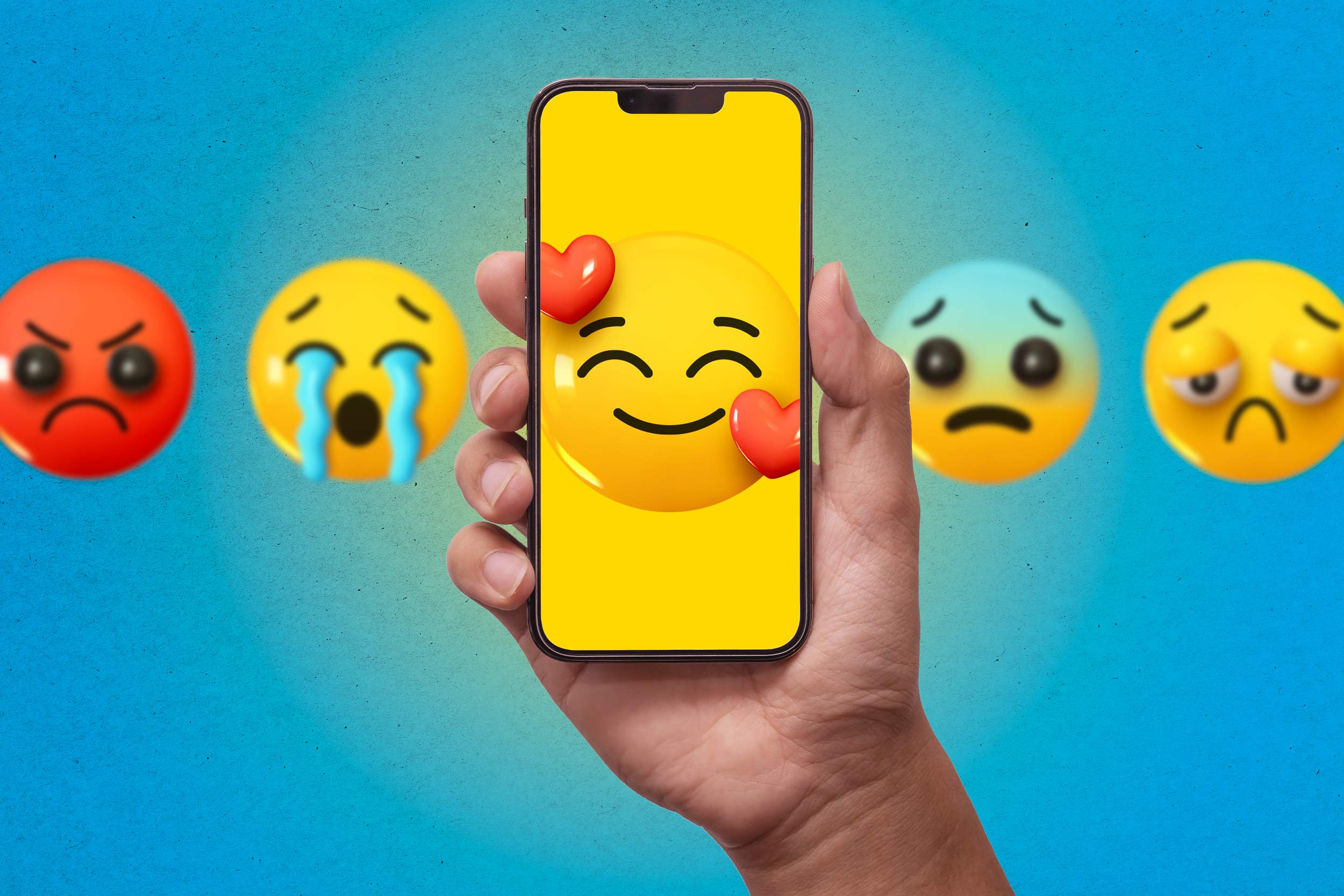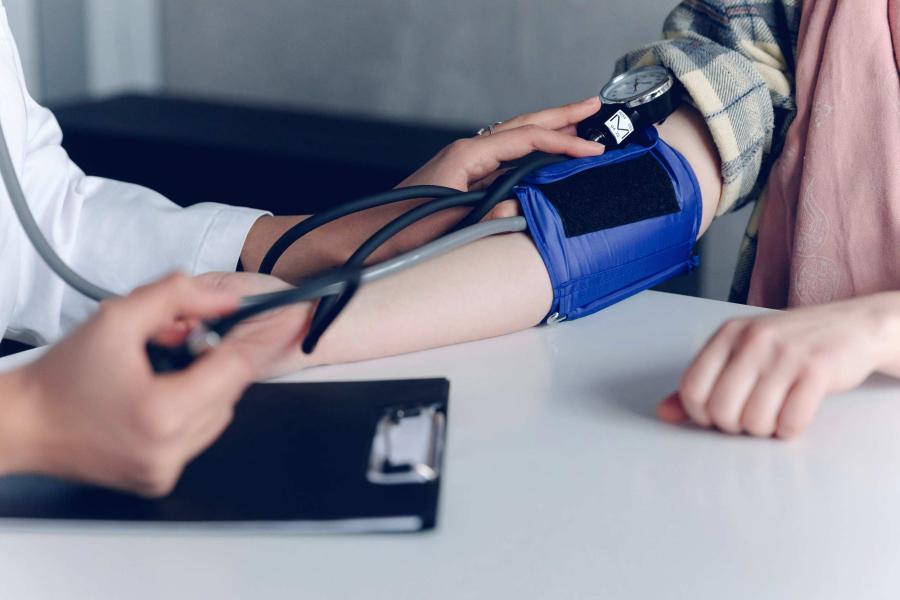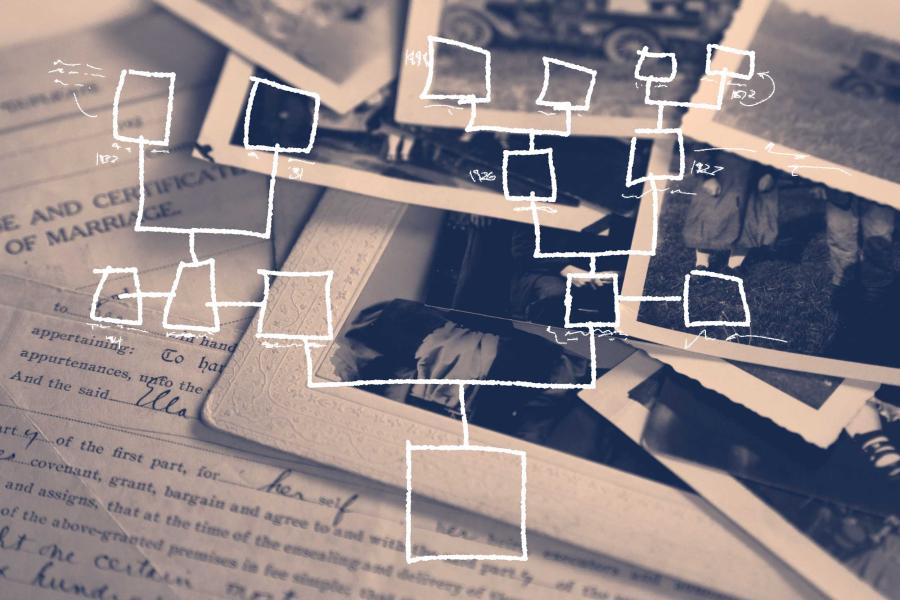Q. Can you talk about how positive news or uplifting pieces of content impact humans’ emotions?
A. What we know from decades of psychophysiology research is that these perceptions of either positive things – like when we see people being generous, or we see things that are kind and calming, or funny and charming – they send out these hormones in our body that are going to promote that feeling of connectedness, of safety. They’re good for us. They’re good for our body. Our body is saying, “Oh, you can relax here. You’re safe. This is good.” And when we do that over time, it is more helpful. We feel more positive, we are more relaxed, our stress is reduced, and thus our stress hormones.
Q. Do you recommend people give hope scrolling a try?
A. Yes. I like calling it “kindness scrolling,” because hope can be hard to define to me. We have some research that is really interesting. A study that was in 2021 around COVID was mostly focused on (people consuming) COVID-related news. It found there are negative emotional consequences for doomscrolling, and kindness scrolling did not show those negative consequences.
Q. What’s the best way to weed out the negative content?
A. The idea with hope scrolling or kindness scrolling is to intentionally look at content that is more positive. So, whatever makes you smile. I personally love the videos of someone being caught doing something kind and seeing humanity at its best. I have been intentionally seeking more of those out and “liking” them. And it is working. I’m getting fed more of those things.
Q. What are some other things people can do to lift their mood when there’s so much bad news?
A. I think the best thing, honestly, (is) two things. Gratitude. Really, really thinking about what you are grateful for. Most of us have things to be grateful for, and pretty profound things to be grateful for – having a job; having the ability to look for a job; having people in our lives that we love and who love us – things like that. Gratitude really helps turn around a negative mood.
And the other thing would be helping other people. If you are distressed because you see so much bad in the world, well, be one of the people putting some good in the world. Do that proactively. Focus on the positive and then the acts of kindness are putting it in action.
Those two things are so powerful. I feel good just saying those things. You know, just thinking about being kind to someone, helping someone out, that makes me feel good.











